Baby Reindeer creator Richard Gadd on Netflix ‘bunny-boiler’ drama: ‘A lot of this stuff happened to me’

Beginning life as a one-man Edinburgh Fringe show based on creator Richard Gadd’s real life story, Baby Reindeer is now bringing its queerness, identity, trauma, shame, validation and gratification to a twist-filled Netflix drama .
Here, Attitude editor-in-chief Cliff Joannou sits down with the Scottish writer and actor to discuss the real-life inspirations behind the limited series, and the importance of speaking out.
Richard Gadd first caught the media’s attention when he stepped on stage during his Edinburgh Fringe Festival show Monkey See Monkey Do in 2016 to reveal he was a sexual assault survivor. At the time, discussions around mental health were barely present, gay people were still unpicking what it meant to grow up with gay shame, and men speaking publicly about rape was almost unheard of. And it still very much is. The show would, deservedly, go on to win the prestigious Edinburgh Comedy Award.
His words resonated in a society that had very few examples of men in the public eye speaking out about their feelings, or their trauma. As a sexual assault survivor myself, hearing his story made me feel that little bit less lonely. While I never spoke about my experiences for close to 15 years, Gadd’s honesty helped shift the landscape of how we talk about men’s mental health.
“I did have that period of silence as well. It wasn’t as long as 15 years and I’m so sorry by the way that you went through that, but yeah, speaking out really did help,” says Richard Gadd when we meet for a brew in Kings Cross. “I suppose the worst thing it does is it creates a kind of cultural silence in yourself almost in a way, or creates not a culture of silence, just a silence within yourself.
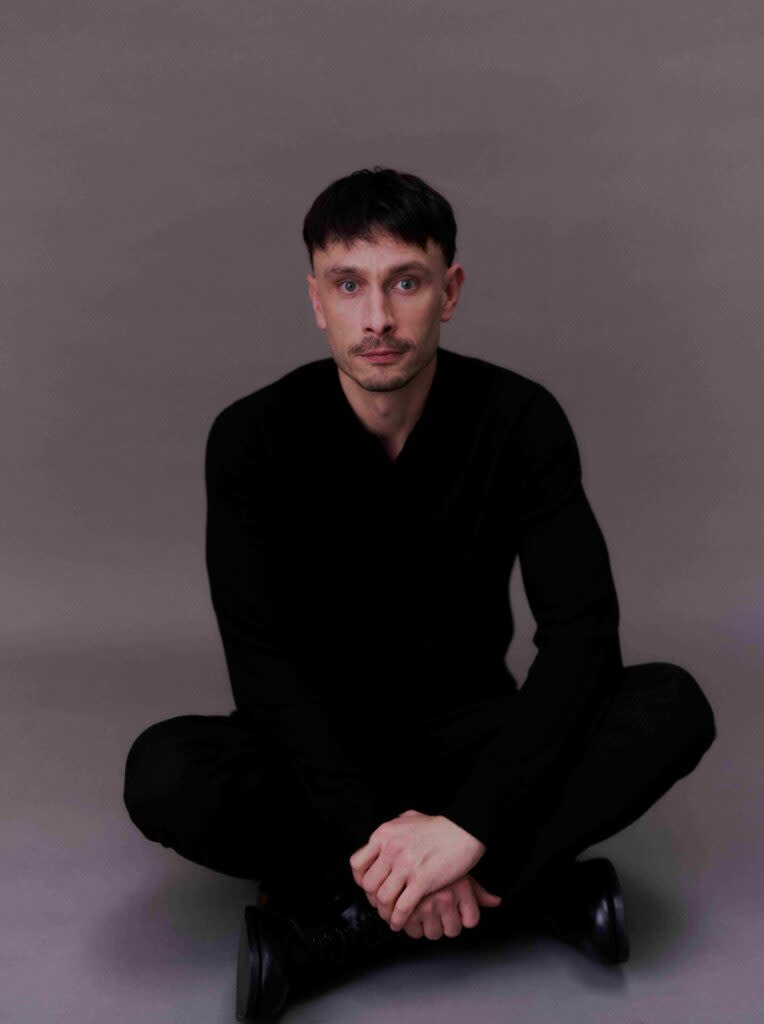
“I think I had these sort of draconian old age ideas of masculinity that was holding me back. I felt disempowered. I felt like it was a dent to my character. All these things that make you not want to walk into a room and tell people, I’m so over all that stuff now that it seems alien to me. But at the time I was ashamed, and that’s what kept me silent.”
Gadd followed Monkey See Monkey Do with Baby Reindeer at the Edinburgh festival in 2019, which went on to win him further accolades with the Scotsman Fringe First Award for New Writing and a Stage Award for Acting Excellence. In ’Reindeer, Gadd unpicked the complicated situation he found himself in when he befriended a female customer in the pub he worked in who would become his stalker. A series of events transpire that spun his life inside-out.
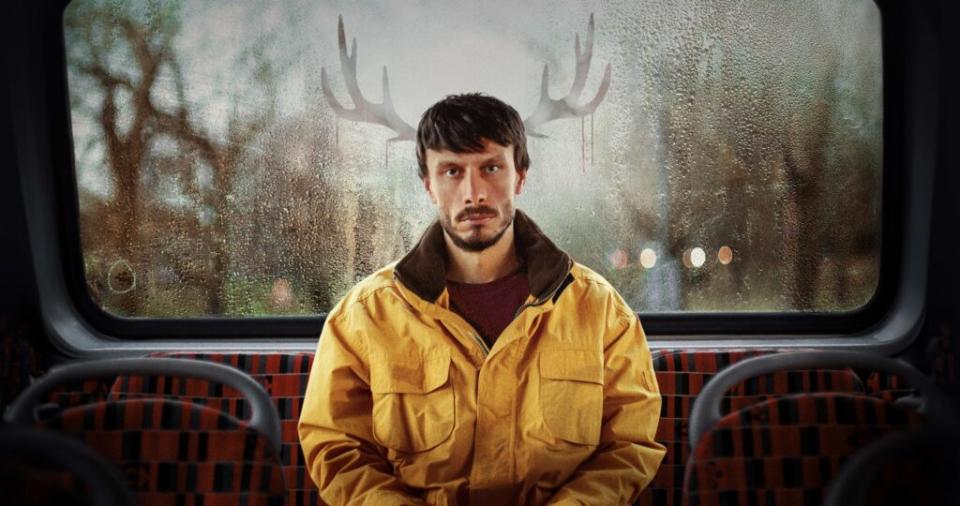
With identifying details changed, Gadd has brought the show to Netflix, in a drama that twists and turns as it unfolds with him playing the lead, ‘Donny’, based on the real events he went through. TV critics have praised the series as “nail-bitingly tense” and “not for the faint-hearted” with four-star reviews coming from the Guardian and Evening Standard. Touching on queerness, identity, trauma, shame, validation and gratification, Baby Reindeer is an exceptional piece of television that this binge-averse writer watched in a single sitting.
How do you feel now that your baby is out there?
The trailer got quite a lot of buzz and it’s all becoming very real. I can’t sleep and function with the excitement-slash-nerves. It’s pure adrenaline.
I love how it’s not really about Martha, although I won’t say much more, and we’ll let people discover that themselves.
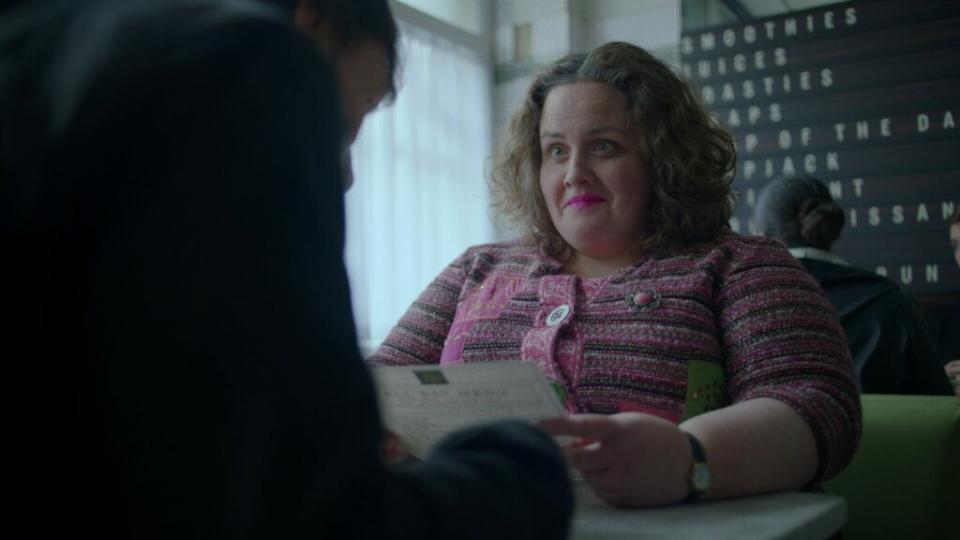
I think from the outside people are like, ‘Oh, you’ve seen that stalking show.’ But to me it’s actually about a lot more than that. It is almost about what Martha (played by Jessica Gunning) brings out in him, or what she forces him to confront in his own life. It’s about everything from sexuality to trauma to intimacy. But for me, it’s mainly about trauma.
Where do you Richard Gadd the writer and actor and your character Donny split?
It’s a good question because it is, as it says on the tin, a true story. A lot of this stuff happened to me. We’ve obviously had to go to great lengths to protect people’s identities. But it’s probably even more close to the truth than I’d care to admit in a lot of ways. I went through all these things. My twenties were a severe period of time, so Donny and me are very close. But it is a performance. I’m not like that guy anymore at all. So, I really had to get back into that character in a way
Was that triggering? Because you move on from it, you try to leave it behind and now you have put yourself back in that place emotionally.
Yeah, I would say so. It’s hugely challenging, but I hope for catharsis when the show comes out. I’m not allowed to signal the exact dates it all took place, but it was quite a while ago. I can’t go too young in the show. No one would buy it.
What do you want people to take away from it?
I want people to be moved. I think we see the world in very black and white terms these days, and sort of good and bad. I think everyone tries to pull some sort of moral point out of things. I never wanted Baby Reindeer to have an agenda. I just want it to be a window into the lives of people who have a lot of issues. And I think life is so complicated. I almost want the nuances to come back into it a little bit. What I quite like is when you go through Baby Reindeer, I hope that people are on my side, they’re on Martha’s side, and then they hate us both, but then they feel sorry for us both, and that’s life. It’s the human condition. And I hope that people see that the situation itself was bad. Mainly you want to touch people. You want to move people, you want to bring comfort to those who have been disturbed by similar experiences.
All the characters have their own struggle that they’re trying to work their way through, whether it’s Donny, his girlfriend Teri, Martha
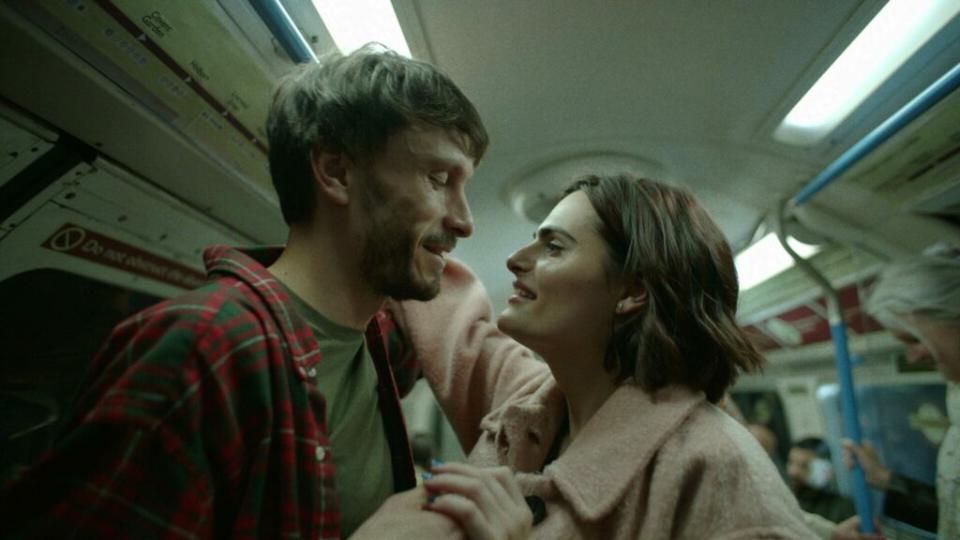
Everyone in the show is working through trauma. I’m glad you spotted that, because that’s what I want. Everyone in it is going through something; everyone in life is going through something.
We perhaps don’t take a minute to see that. I guess Donny does a little bit, in terms of trying to understand Martha. But then is he doing that for the gratification, the validation?
It’s complicated. I hope that it’s complicated. I hope it’s a bit of both. I think he did feel for her, but I think also when she starts coming back in, his ego is fueled. In life, situations are not just one thing. I think he kind of likes Martha in a way, especially at the start. And one of the things that I love is that he cares for her. He feels sorry for her, even after everything she’s done. And I think it’s quite common if you’ve been abused by someone, in whatever capacity, to feel weird feelings towards them as well: guilt, empathy, and all kinds of things. The emotional human condition is so complicated.
There’s a wonderful line where you question whether it was a ‘moment of madness, or self-destruction’, and I think we experience that more in our daily lives than we are probably are aware of.
Yeah, yeah. Self-destruction is a real thing. It’s so complicated. For example, I think obviously Will Smith was wrong to slap Chris Rock. But the fact on the biggest night, when he was almost guaranteed to win the Oscar, he decides to do something so unimaginably wild and violent. That is like a microcosm of the human condition, the great fall, the Shakespearean downfall. We can self-destruct, and sometimes we don’t even know why we’re doing it. Our brain just convinces us because at the end of the day, we are still primal beings with weird impulses that take us this way and that way.
Another line I love from the series is ‘when you spend so long swallowing your shame, it’s hard to stop it becoming part of you.’ I think a lot of men – queer or straight – can relate to that in all manner of ways.
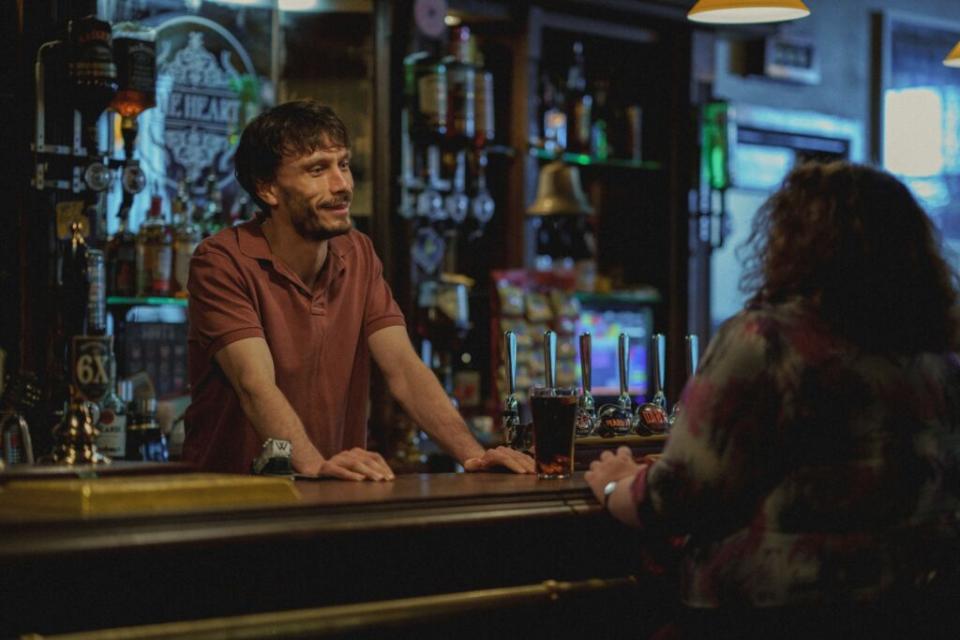
It’s very hard, even as a progressive person having worked so hard to form my own beliefs. Sometimes the feeling of shame can beat the ability to intellectualise it. And that’s what makes shame so difficult. It’s a very corrosive substance. I think toxic shame – out of every sort of negative emotion that humans experience – has got to be one of the worst. Shame, guilt, wrath, anger, they’re all really toxic.
Is your journey with your identity still something that you are working on?
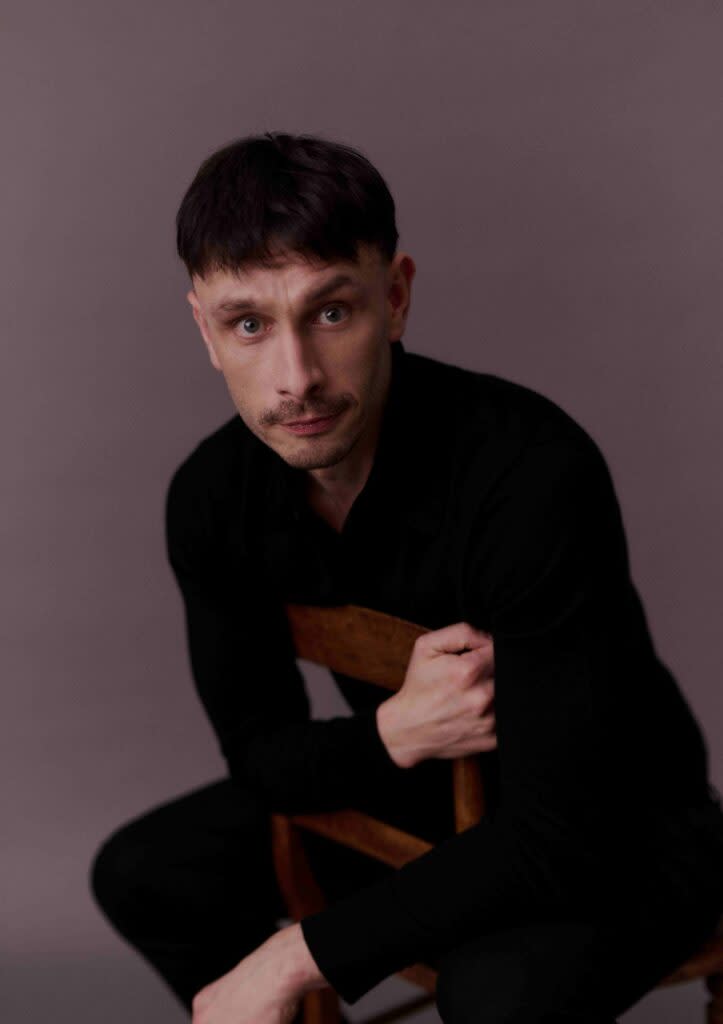
I think the easiest thing is to say bisexual, but it’s a journey. I sometimes change with the tide. I feel very strongly for both. I think we’re just learning to see the world in different ways and not be so rigid about it. And I feel like I’m constantly in a state of flux with my sexuality. Some days I feel a certain way and other days I feel other ways. But every time I land on one, my brain flies off to the other. It’s almost like a restlessness. But maybe that’s what bisexuality is. I realised quite early on that I used to say, ‘Oh, you have to be one or the other.’ And I believed it was going to be easier for me if I pick one. I tried to identify both ways in my time, and it never worked for me as much as bisexual, really.
The series ends in an unexpected way, and I think it’s perfect because it’s feels more authentic.
I always wanted to end the show that way, because that’s the cycle of trauma, and I fought so hard to keep it that ending way. There was a lot of different versions and to me it was the smartest way to end the show. I’m so glad you pulled that out of it. It’s my favorite bit in the entire show, that whole sequence is my favorite bit in the entire show.
Baby Reindeer is out now on Netflix.
The post Baby Reindeer creator Richard Gadd on Netflix ‘bunny-boiler’ drama: ‘A lot of this stuff happened to me’ appeared first on Attitude.


